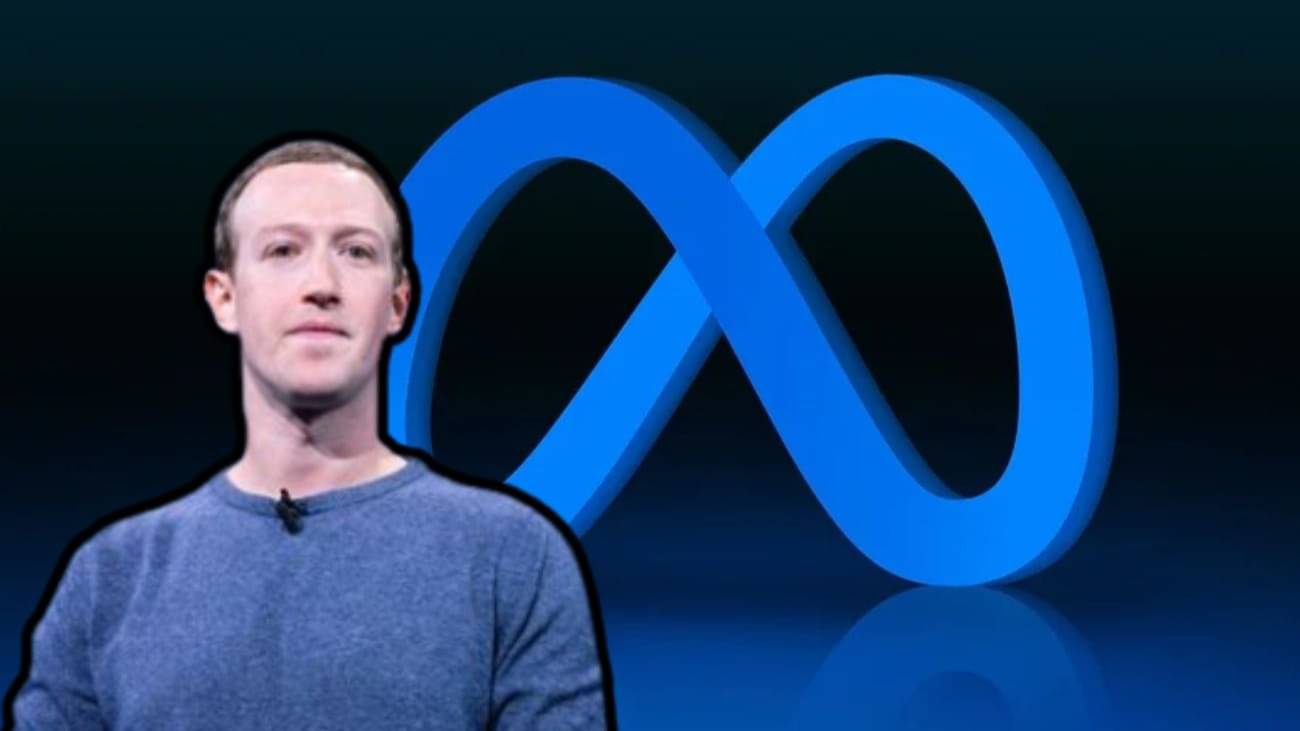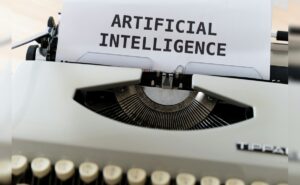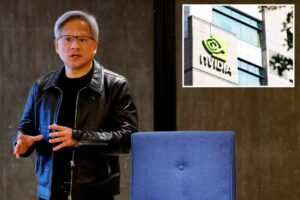Debate Ignited by Zuckerberg’s Comments on AI Potential to Replace Human Coders

Meta’s CEO Voices Concerns About AI and Developer Jobs
In a recent podcast with YouTuber Joe Rogan, Mark Zuckerberg, the CEO of Meta, discussed the evolving role of artificial intelligence (AI) in software development and the potential impact on developer jobs. His comments raise important questions about the future of the tech industry and the job market for software engineers.
AI’s Capability in Coding
Zuckerberg expressed that by the year 2025, AI technology, especially at Meta and similar tech companies, could reach levels where it can effectively replace mid-level software engineers—those who currently write and manage code. This shift could radically alter the landscape of job roles within software development. "We will get to a point where all the code in our apps and the AI it generates will also be written by AI engineers instead of people engineers," Zuckerberg stated, indicating a significant transition in how coding is approached.
Salary Implications for Mid-Level Developers
Currently, mid-level software engineers at Meta earn salaries that are typically in the six-figure range. The introduction of AI into development workflows may lead to fewer conventional coding jobs, especially for junior and entry-level positions. As AI takes over more routine coding tasks, the demand for these roles may decrease, leaving many aspiring engineers concerned about their career paths.
Opportunities for Creative and Strategic Roles
While the displacement of specific coding jobs is a valid concern, Zuckerberg also highlighted the potential for AI to enhance the work of existing developers. As automation takes over more mundane coding tasks, developers might find themselves freed up to engage in more strategic and creative aspects of their work. Skills such as problem-solving and the ability to monitor and guide AI-generated code will become increasingly valuable. Therefore, individuals who can complement AI with their unique skills may still find successful career paths.
Other Tech Giants and AI Integration
Meta is not alone in its exploration of AI’s capabilities; other technology leaders are also integrating AI into their development processes. For instance, Sundar Pichai, CEO of Google, revealed that over 25% of all new code at Google is now generated by AI, with human engineers stepping in primarily for final reviews. This indicates a notable trend toward AI-assisted coding across the industry.
Case Study: Klarna’s Automation Strategy
A clear example of AI-driven automation can be seen in fintech company Klarna, which has ceased hiring human staff as significant portions of its operations are now managed by AI. CEO Sebastian Siemiatkowski mentioned that the reduction in workforce aligns with a natural attrition rate of around 20% seen in tech companies, suggesting that AI integration is being viewed as an inevitable evolution rather than a temporary shift.
Future Job Market for Coders
As AI takes on a larger role in generating code and managing tech tasks, discussions about the future of traditional coding jobs are becoming more frequent. While there are valid concerns regarding the potential loss of jobs in this domain, there are also emerging opportunities for software engineers to pivot into roles that focus on managing and enhancing AI-generated work.
In summary, while the rise of AI in software development could lead to reduced demand for traditional coding positions, it can also empower developers to elevate their roles in the tech ecosystem. The interaction between AI and human engineers is poised to redefine what it means to be a coder, shifting the focus towards higher-level thinking and strategic contributions in tech.





